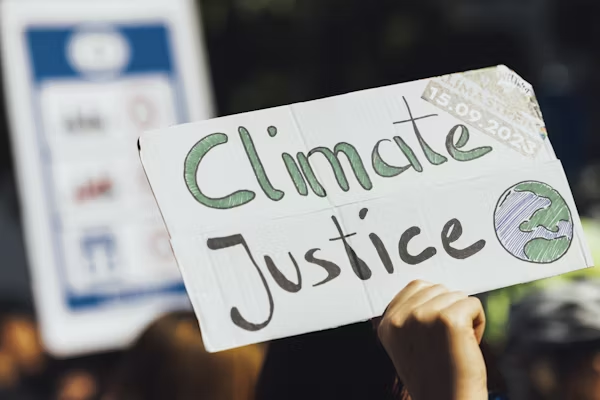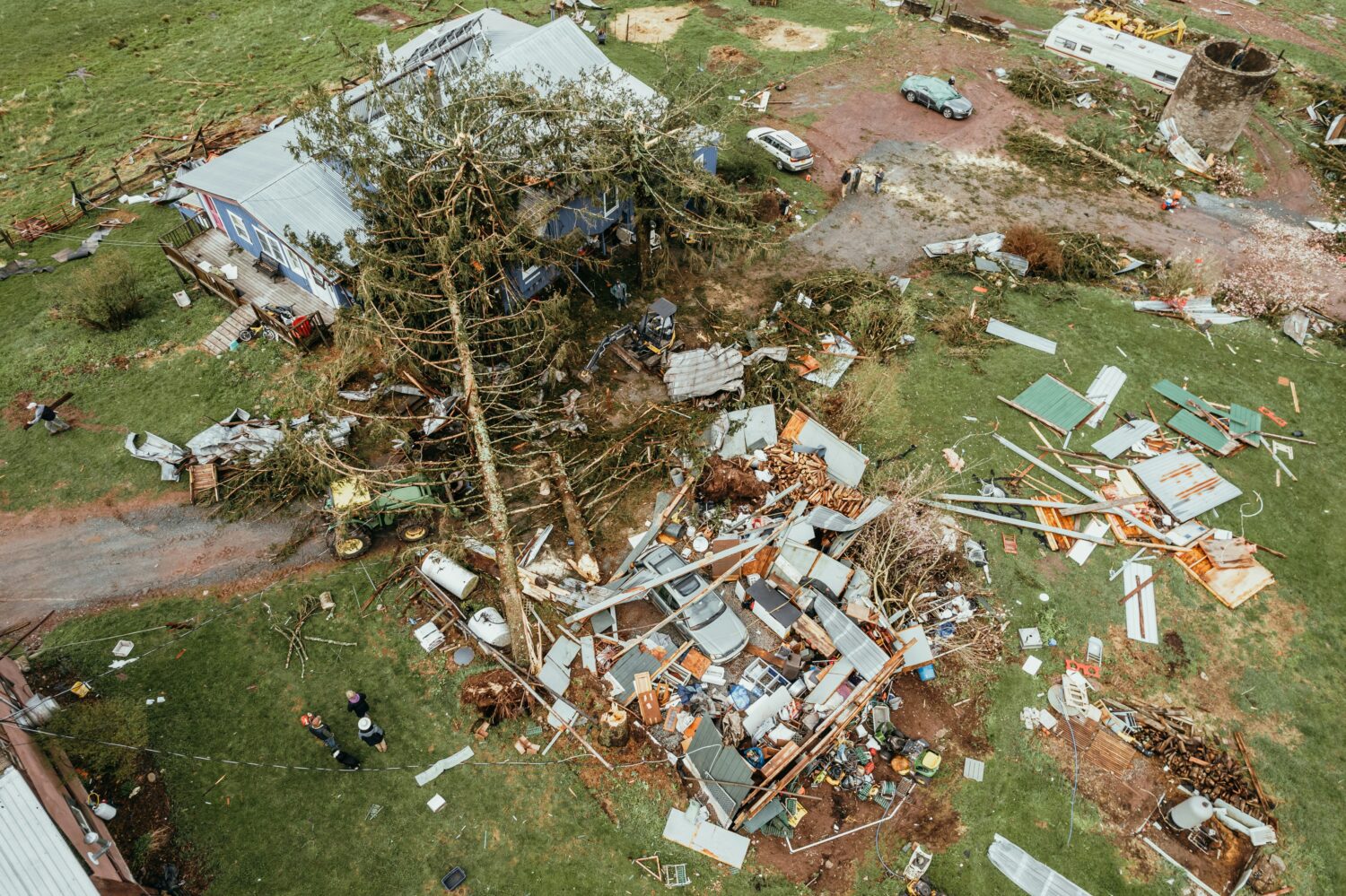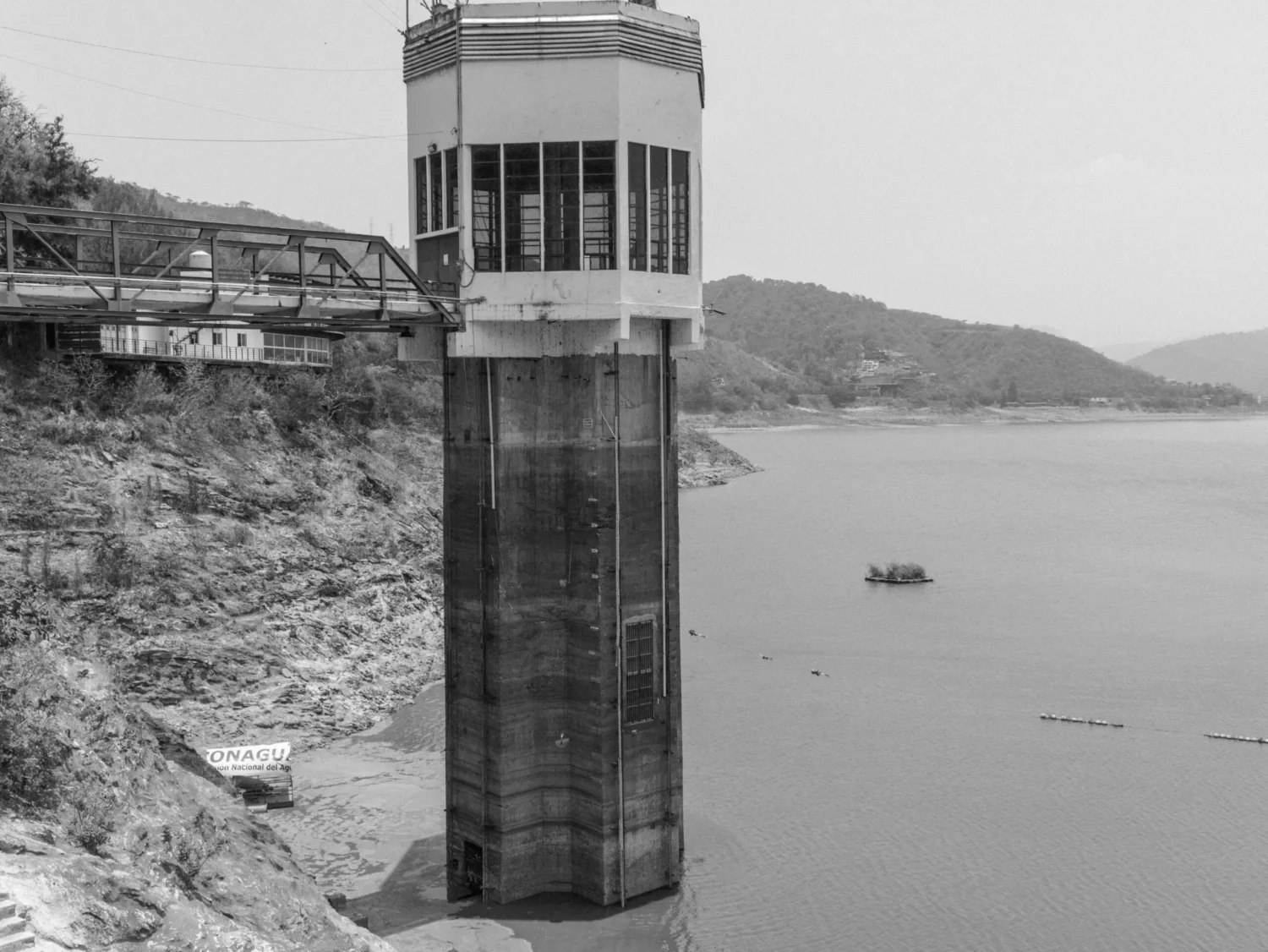“Do you think we’ll need to buy guns?” The student’s question seemed to drop the temperature in the room by several degrees. I was at a dinner with fellow academics, a few college students and a guest speaker who had just delivered an inspiring talk about climate justice.
Sensing confusion, the student clarified: Planetary catastrophe was inevitable in the near term, which means people would soon be living behind walled communities. Since Republicans would be armed, she said, she just wanted to know how to keep the people she cared about safe. The guest speaker took a moment to process this information, then suggested that the student worry more about growing vegetables than about buying guns.
That conversation has stuck with me over the years not because the student’s views were unusual but because they’ve become commonplace. The literary scholar Paul Saint-Amour has described the expectation of apocalypse — the sense that all history’s catastrophes and geopolitical traumas are leading us to “the prospect of an even more devastating futurity” — as the quintessential modern attitude. It’s visible everywhere in what has come to be known as the polycrisis.
Tyler Austin Harper
Read full article by Tyler Austin Harper in The New York Times





